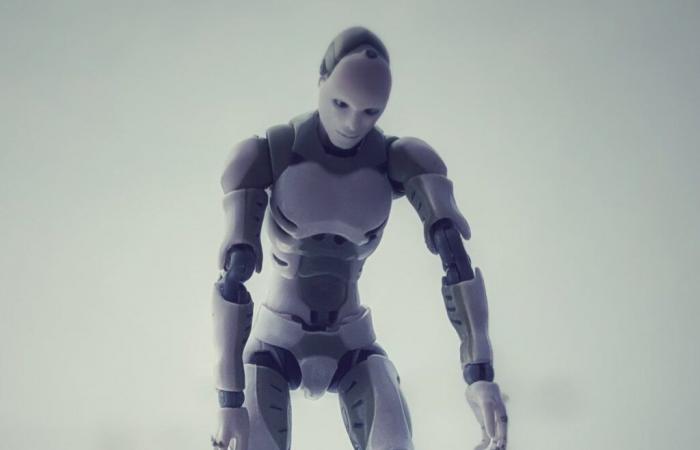Artificial intelligence has become a major challenge for the future of work, and the first companies are already taking drastic measures to adapt. Indeed, many jobs are likely to be automated or robotized by intelligent machines.
According to a study published by Goldman Sachs and reported by Presse-citron, 300 million jobs worldwide are in danger because of AI. Among them, those that involve repetitive, routine or predictable tasks, such as translation, writing, secretarial work, accounting, web development or customer support. In recent weeks, Dropbox, for example, announced that it wanted to replace 16% of its workforce with AI. IBM is even more brutal: it wants to eliminate 30% of its payroll in the next 5 years to replace it with artificial intelligence. Thousands of jobs are at stake.
Human intelligence impossible to copy
Faced with this risk, some wonder which professions will resist the advance of AI and which will provide job security for the coming decades. To answer this question, the company OpenAI, which developed ChatGPT, an AI capable of generating text from a simple keyword, published a list of 34 professions which will never be replaced by its algorithms.
In this case, these professions are those which require creativity, manual skills, empathy or interpersonal skills. These are also field jobs or jobs that involve unforeseen events or complex situations: AI will never be able to replace them. The OpenAI founder says the jobs below cannot be automated because they require specific human intelligence that cannot be replicated by algorithms.
The 34 professions that have no risk:
- Slaughterers and meat packers
- Roofer helpers
- Assistant masons, block masons, stonemasons, tilers and marble workers
- Carpenter helpers
- Helpers for painters, paper layers, plasterers and stucco workers
- Plumbers' helpers, plumbers, pipefitters and heating fitters
- Athletes and sports competitors
- Roof bolters in the mining industry
- Hairdressers
- Operators of paving, surfacing and tamping machines
- Hand cutters and pruners
- Fast food cooks
- Meat, poultry and fish cutters and trimmers
- Foundry mold and core manufacturers
- Power line installers and repairers
- Vehicle window installers and repairers
- Divers
- Cement masons and concrete finishers
- Bus and truck mechanics and diesel engine specialists
- Motorcycle mechanics
- Pile drivers
- Oil and gas extractor operators
- Derrick operators, oil and gas
This list is certainly not exhaustive and there are many other professions that will not be affected by ChatGPT type AI. Furthermore, it should be noted that artificial intelligence will not necessarily eliminate all the jobs it affects but rather make them evolve – or even complete them. These algorithms may create new jobs related to development or control, which will require people to train in the new tools. One thing is certain, the future will have to be designed with AI.
Even before the release of its general public algorithm ChatGPT (December 2022), Sam Altman, founder of the company OpenAI, welcomed the potential of artificial intelligence. In 2021 on Twitter, he claimed that in a world with AI, “people will be less likely to do jobs they don't like.” The American entrepreneur also imagined that companies will have to “pay more for less interesting jobs, or automate them, which seems to be a good thing for everyone”. To be continued…
???? To not miss any news on the Journal du Geek, subscribe on Google News. And if you love us, we have a newsletter every morning.






